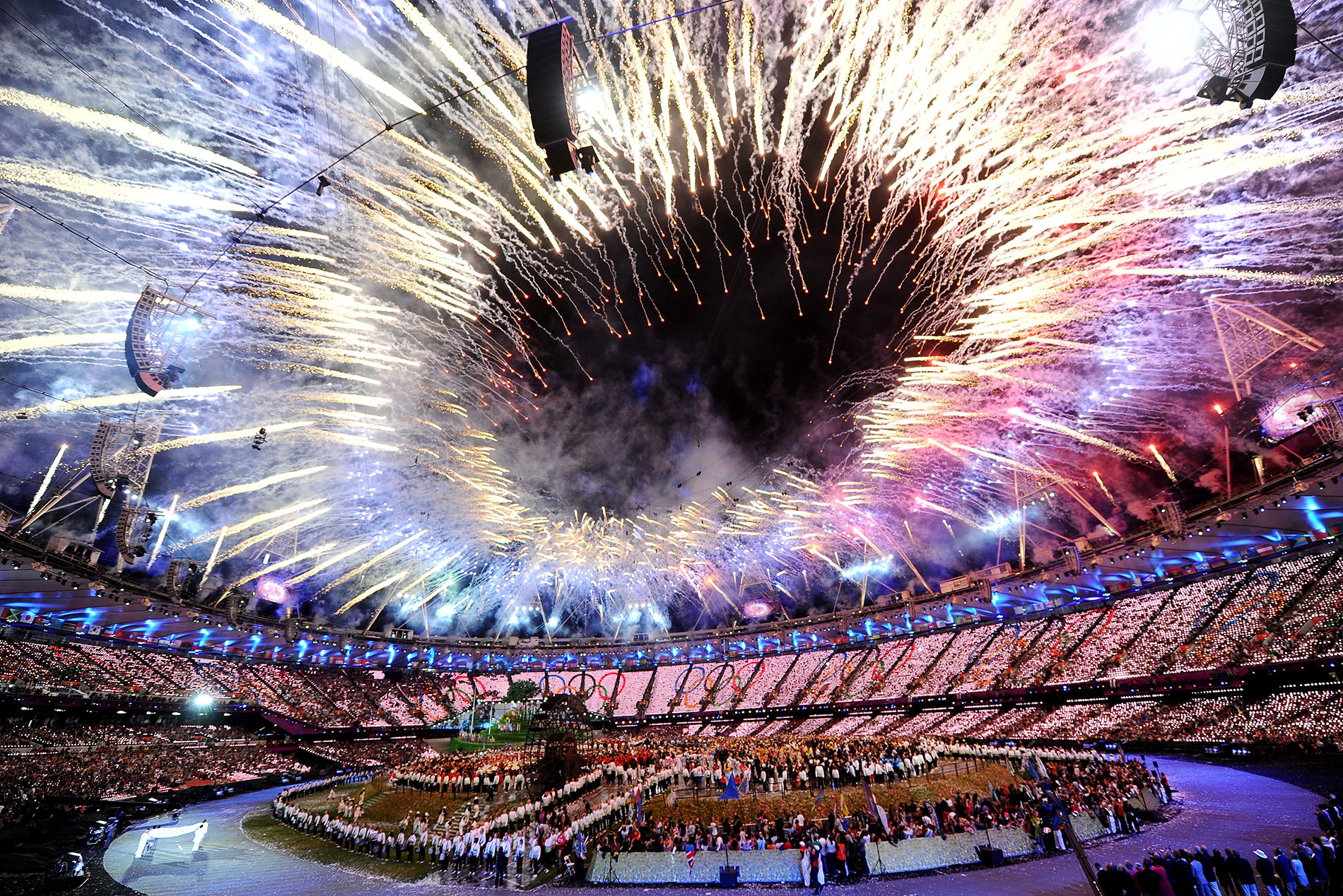
If you cannot find an answer in the FAQ's, ask your question
-
What are the objectives of Olympic marketing?
-
The aim of Olympic marketing is to ensure the stability and financial independence of the Olympic Movement through long-term sponsorship, licensing, rights sales and other programmes.
Its job is to generate revenue, which is then distributed within the Olympic Movement; provide financial support for sport in emerging countries; allow the largest number of people to experience the Olympic Games broadcast; and to control and limit the commercialisation of the Games.Learn more:
-
-
What is the TOP programme?
-
The abbreviation “TOP” stands for “The Olympic Partner" programme. This is a global sponsorship programme managed by the IOC. Created in 1985, its aim is to generate diversified revenue to be shared in equal measure between the Organising Committees for the Olympic Games (OCOGs) and the Olympic Movement. The TOP programme is established for a duration of four years, corresponding to the Olympic quadrennial period.
Learn more:
-
-
What is the IOC’s policy on broadcasting the Olympic Games?
-
The IOC’s broadcasting policy is based on the Olympic Charter: “The IOC takes all necessary steps in order to ensure the fullest coverage by the different media and the widest possible audience in the world for the Olympic Games.”
The IOC owns all the global broadcast rights to the Olympic Games, including via television, radio, mobile phones and internet platforms. It is responsible for awarding these rights to broadcasters around the world, to ensure the widest possible coverage of the Games. To achieve this objective, it sells the Olympic broadcast rights to an increasing number of nations, territories and markets, mainly to broadcasters which can ensure the widest possible coverage in their respective territories.
Learn more:
-
-
Where does the Olympic Movement’s revenue come from?
-
All the IOC and Olympic Movement organisations’ revenues come from private sources.
The Olympic Movement’s revenue comes from various programmes, such as the sale of broadcast rights (TV, radio and new media), international and national sponsorship and the sale of tickets and licensed products.Learn more:
-
-
How are the Olympic marketing revenues distributed?
-
The IOC gives more than 90% of the marketing revenue to the organisations belonging to the Olympic Movement, to support the organisation of the Olympic Games and promote sport around the world. The IOC keeps around 10% to cover its administration costs.
Learn more:
-
-
How to become a sponsor or a partner for the Olympic Games?
-
The Olympic Games are one of the most effective international marketing platforms in the world, reaching billions of people in over 200 countries and territories throughout the world.
There are different levels of marketing and licensing programmes linked to the Olympic Games at the International Olympic Committee (IOC), the Organising Committees of the Olympic Games (OCOG) and the National Olympic Committees (NOCs).
Under the direction of the IOC, “The Olympic Partner" (TOP) programme is a global sponsorship programme created in 1985, whose aim is to generate diversified revenue to be shared in equal measure between the OCOGs and the Olympic Movement.
The Organising Committees (OCOGs) manage their own commercial programmes to support the staging of the Games. Contracts are negotiated directly by the OCOG and are generally limited to the Olympic quadrennial period.
National Olympic Committees (NOCs) manage local sponsorship programmes in non-competing categories to the TOP sponsors that support their sports development activities and Olympic teams. These sponsorship programmes grant Olympic marketing rights within the NOC country or territory only.
For more information on the latter two, please refer to the "local sponsorship programmes" section. For more precise information on local sponsorship opportunities for the upcoming Games, please contact the relevant NOC or OCOG.
-
